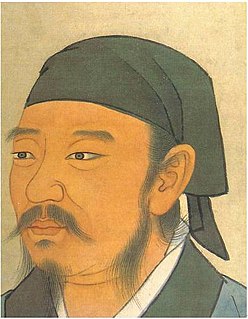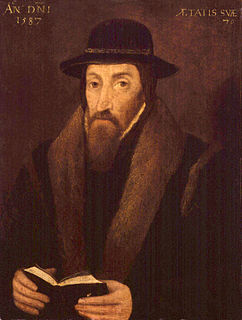A Quote by Jean-Baptiste Henri Lacordaire
Related Quotes
When the men of antiquity realized their wishes, benefits were conferred by them on the people. If they did not realize their wishes, they cultivated their personal character, and became illustrious in the world. If poor, they attended to their own virtue in solitude; if advanced to dignity, they made the whole empire virtuous as well.
Sometimes I hear the world discussed as the realm of men. This is not my experience. I have watched men fall to the ground like leaves. They were swept up as memories, and burned. History owns them. These men were petrified in both senses of the word: paralyzed and turned to stone. Their refusal to express feeling killed them. Anachronistic men. Those poor, poor boys.
America is the wealthiest nation on Earth, but its people are mainly poor, and poor Americans are urged to hate themselves... It is in fact a crime for an American to be poor, even though America is a nation of poor. Every other nation has folk traditions of men who were poor but extremely wise and virtuous, and therefore more estimable than anyone with power and gold. No such tales are told by American poor. They mock themselves and glorify their betters.
With his continual doctrine [Bishop Hooper] adjoined due and discreet correction, not so much severe to any as to them which for abundance of riches and wealthy state thought they might do what they listed. And doubtless he spared no kind of people, but was indifferent to all men, as well rich as poor, to the great shame of no small number of men nowadays. Whereas many we see so addicted to the pleasing of great and rich men, that in the meantime they have no regard to the meaner sort of poor people, whom Christ hath bought as dearly as the other.
That whole heroic notion of the women warriors known as Amazons is extremely appealing. It was appealing in antiquity, and, throughout the Middle Ages, the Renaissance, they're always portrayed as heroic, courageous, and the equals of men, and that's just extremely attractive and has been since antiquity.
The great bulk of the legal voters of the South were men who owned no slaves; their homes were generally in the hills and poor country; their facilities for educating their children, even up to the point of reading and writing, were very limited; their interest in the contest was very meagre--what there was, if they had been capable of seeing it, was with the North; they too needed emancipation.

































